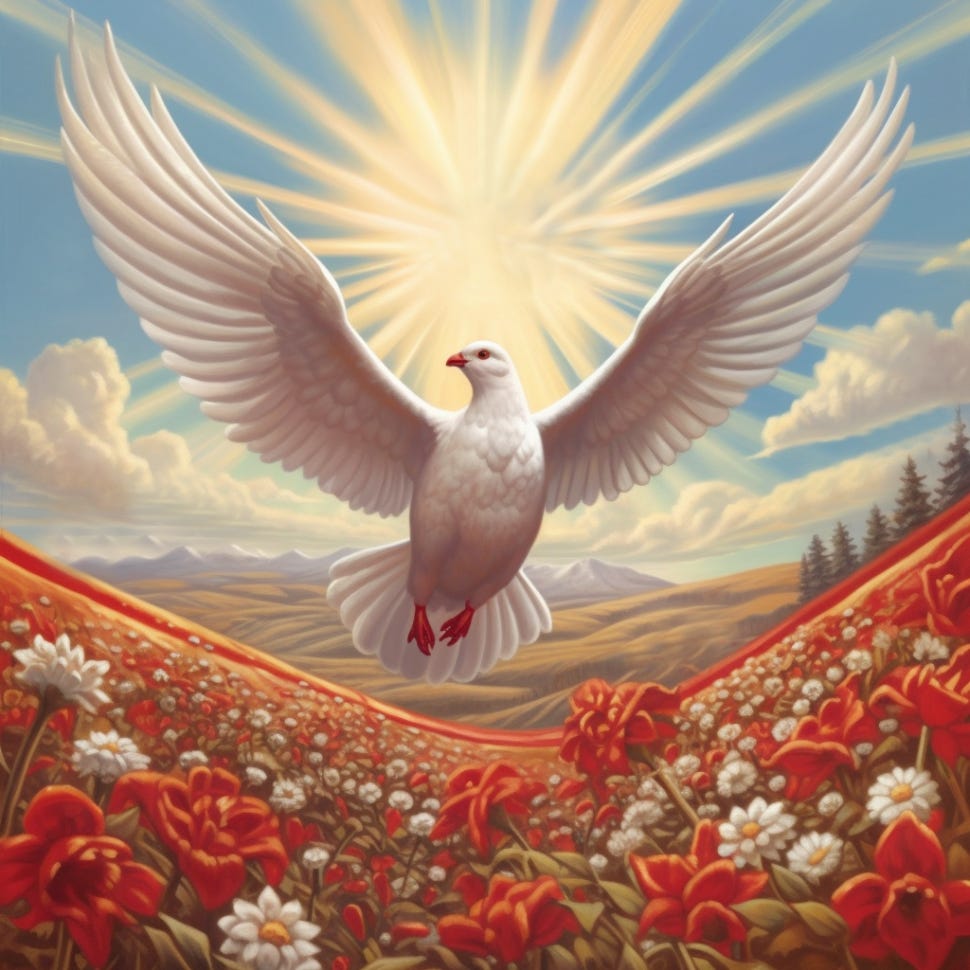Please donate BTC to support this effort: 3ANtABWQEFe8M2Wh9xsdK72Cejo8Sgi5xU
Eastern Europe's geopolitical landscape has long been a chessboard for historic rivalries and interests. One of the most formidable of these rivalries - the conflict between Russia and Ukraine - has continued to escalate, causing disruption and loss of life. As such, it is pertinent to propose a peace plan addressing this complex issue. This plan needs to consider the broader historical, cultural, and geopolitical factors that have shaped these nations and their relationships with each other, and the wider world.
Recognizing Shared History
Firstly, it is crucial to understand that Russia and its imperial and Soviet predecessors are not synonymous. Under imperial Russia, Russian peasants were often more exploited by the nobility than other nations under its domain. The Soviet Union emerged as an effort to uplift these peasants across various nations. Despite its horrendous mistakes, it's worth contemplating the possibility that the alternatives might have been even worse.
The shared history of sacrifice and bravery in the face of existential threats is another aspect often overlooked. The nations of the Soviet Union, including Ukrainians and Russians, bore the brunt of the Nazi menace during World War II. They suffered horrendous losses and showed remarkable resilience, a fact that has unfortunately been marginalized in much of the historical narrative.
Understanding Post-WWII Dynamics
After World War II, the Western allies, driven by the fear of Communism, began undermining the Soviet sphere. This, despite the fact that the Soviet bloc was largely populated by peasants attempting to rebuild their lives and societies. The Soviet Union, in response, was forced into an arms race and ideological confrontation that ultimately led to its economic collapse.
This historical context is crucial in understanding Russia's post-Soviet trajectory. The perceived loss of the Cold War led to cultural alienation, with many Slavic nations distancing themselves from Russia.
Addressing the Fall of the Soviet Union
The collapse of the Soviet Union was a pivotal moment in the history of Eastern Europe. It was during this time that Russia made significant self-sacrifices to keep the peace, while many Western nations were primarily focused on the geopolitical gains to be made from the USSR's demise.
Poland's Role
Poland, with its unique historical perspective, having experienced political and military aggression from both the West and East, could play a crucial role in the reconciliation process. Poland's experience allows it to empathize with both Russian and Ukrainian perspectives, and its central geographical and political position in Europe offers a unique platform for mediation.
A Symbolic Gesture: The Palace of Culture and Science
To kickstart the healing process, a symbolic gesture is proposed: the recommissioning and rechristening of the Palace of Culture and Science in Warsaw. This iconic building, originally a 'gift' from the Soviet people after the ravages of World War II, could serve as a reminder of shared history and mutual cooperation.
This ceremony would not just be about renaming a building, but a chance to revisit and reassess the historical narrative of Eastern Europe. It could serve as a platform for a series of dialogues, acknowledging the shared sacrifices and hardships, and the courage and resilience demonstrated by these nations during the darkest periods of their history.
The Way Forward
The peace plan proposed here is not an overnight solution. It requires open dialogue, mutual understanding, and a commitment to reconciliation. It requires the involvement not just of Ukraine and Russia, but also of other nations in the region and the broader international community. Only through such a comprehensive approach can we hope to achieve lasting peace and stability in Eastern Europe.
It is high time we moved beyond the simplistic Cold War narratives and started acknowledging the complex realities that have shaped these nations. By doing so, we can hope to foster a sense of shared identity


If I want to speak with Chat i'll ask him myself